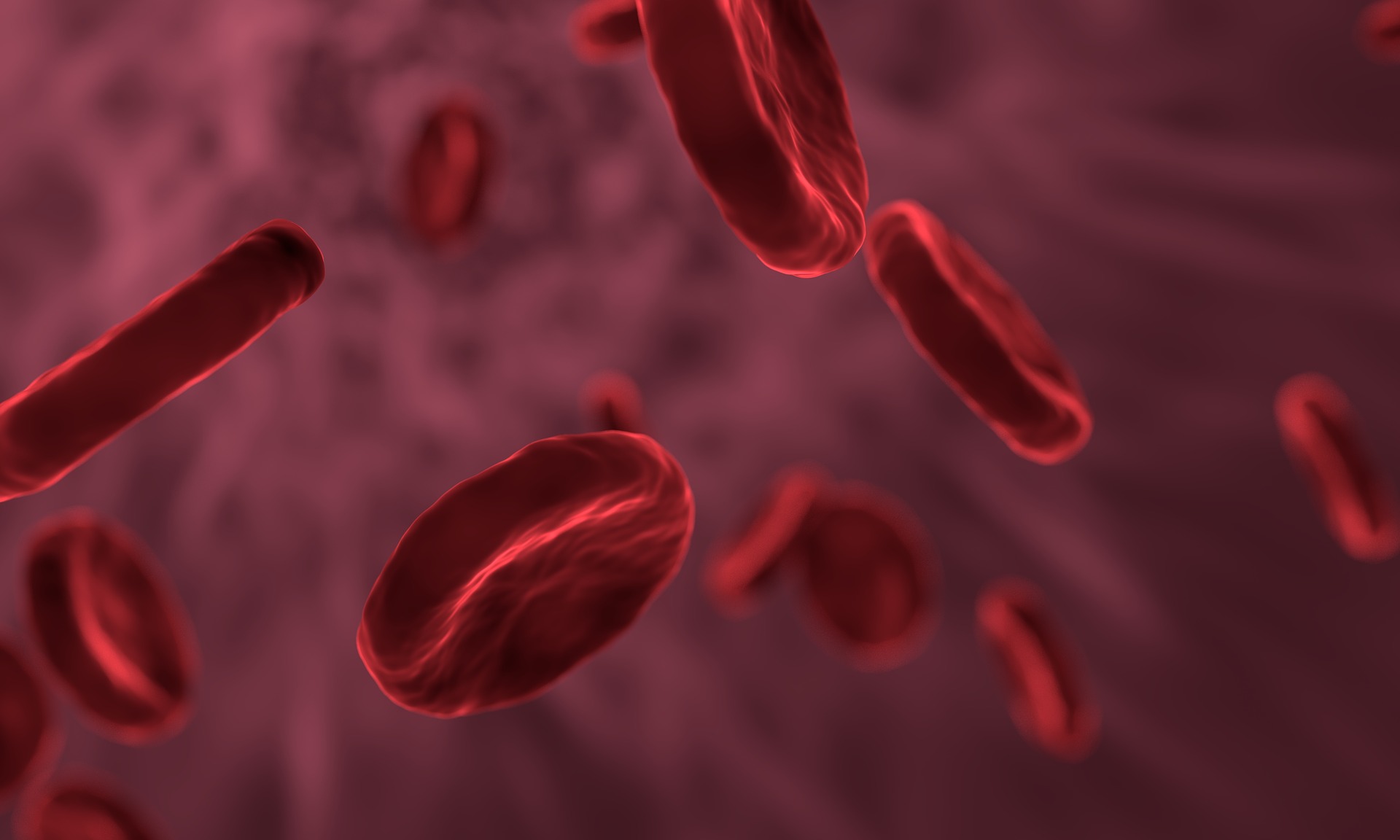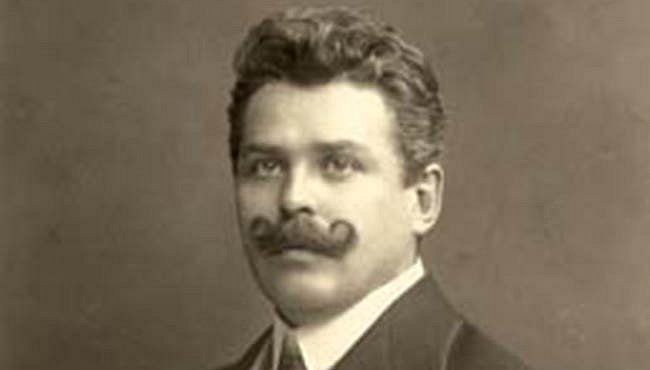“If you would not want to be forgotten as soon as you are dead, either write something worth reading or do something worth writing.”
– Benjamin Franklin

The legacy of Jan Jánský is a prime example of how certain inventions or findings of scientists from smaller nations got overlooked by history to make way for the findings of scientists from ‘more important nations’ in school textbooks. In 1930 Karl Landsteiner was awarded the Nobel Prize in Physiology or Medicine for his discovery of human blood groups in his 1901 paper. He was an Austrian, living in the capital of the Austro-Hungarian Empire, one of the most important countries in the world at that time. However, it seems like many omitted the fact that his findings were incomplete, describing only three out of the four blood groups. Furthermore, no one happened to think of a Prague-born scientist, who independently published the same discovery just 6 years later, and fully described all four groups: A,B,AB and 0. This is his story:
Jánský was born in 1873, in Prague, the capital of Bohemia, which was then a vassal of the Austro-Hungarian Empire. He was the older of two sons of a soap maker. Despite his humble origins, he managed to successfully graduate at the Smíchov high school and continue his studies at the 1st Faculty of Medicine at the Charles University in Prague. There, he finished in 1898 and soon became and established psychiatrist who was well renowned both as a doctor and also an expert, providing courts with psychiatric analyses. In 1914, he even became a professor at the Czech part of the Charles University, and the deputy head of the psychiatric clinic in Prague. However, as the Great War struck, all specialisations went to the side and he was called to the front, where he served as a field medic until 1916, when he suffered a heart attack which rid him of his fighting responsibilities. However, these heart problems troubled him from then on, until his death in 1921, at the age of 48.
 During his clinical work before the war, he focused heavily on the connection of blood agglutination, the ability of blood to clot, and psychiatric diseases. While we now know there is no such connection, he worked with the blood of 3 160 patients during his studies, during which he managed to stumble upon a ground-breaking discovery. In 1907, he published his finding that while psychiatric diseases can not be linked to blood agglutination, there are four distinct groups of blood in humans, which clot intensively when mixed with the wrong group, but are compatible with its own group and certain other groups. We now know this finding as the A,B,AB,0 blood system, unfortunately for Jánský, credited to someone else.
During his clinical work before the war, he focused heavily on the connection of blood agglutination, the ability of blood to clot, and psychiatric diseases. While we now know there is no such connection, he worked with the blood of 3 160 patients during his studies, during which he managed to stumble upon a ground-breaking discovery. In 1907, he published his finding that while psychiatric diseases can not be linked to blood agglutination, there are four distinct groups of blood in humans, which clot intensively when mixed with the wrong group, but are compatible with its own group and certain other groups. We now know this finding as the A,B,AB,0 blood system, unfortunately for Jánský, credited to someone else.
The crediting of this discovery was under scrutiny ever since then. The whole situation is a very interesting read, since Landsteiner got the Nobel Prize, but his incomplete findings led to clinical errors. The findings of Jánský were thus used clinically worldwide, despite the fact that someone else received the Nobel Prize for these findings. In the 1920’s, Jánský was widely recognized as the one who discovered blood groups throughout the United States, where his findings were built upon and a blood-group test was developed. Nevertheless, most google searches on this topic only mention Landsteiner, and medical textbooks also tend to favor the Austrian over the Czech. Thus, all that is left of Jánsky’s legacy is the medal awarded to frequent blood donors in the Czech Republic. Perhaps, it was his early death that contributed to him being almost forgotten.
Please, do not let him be forgotten.

